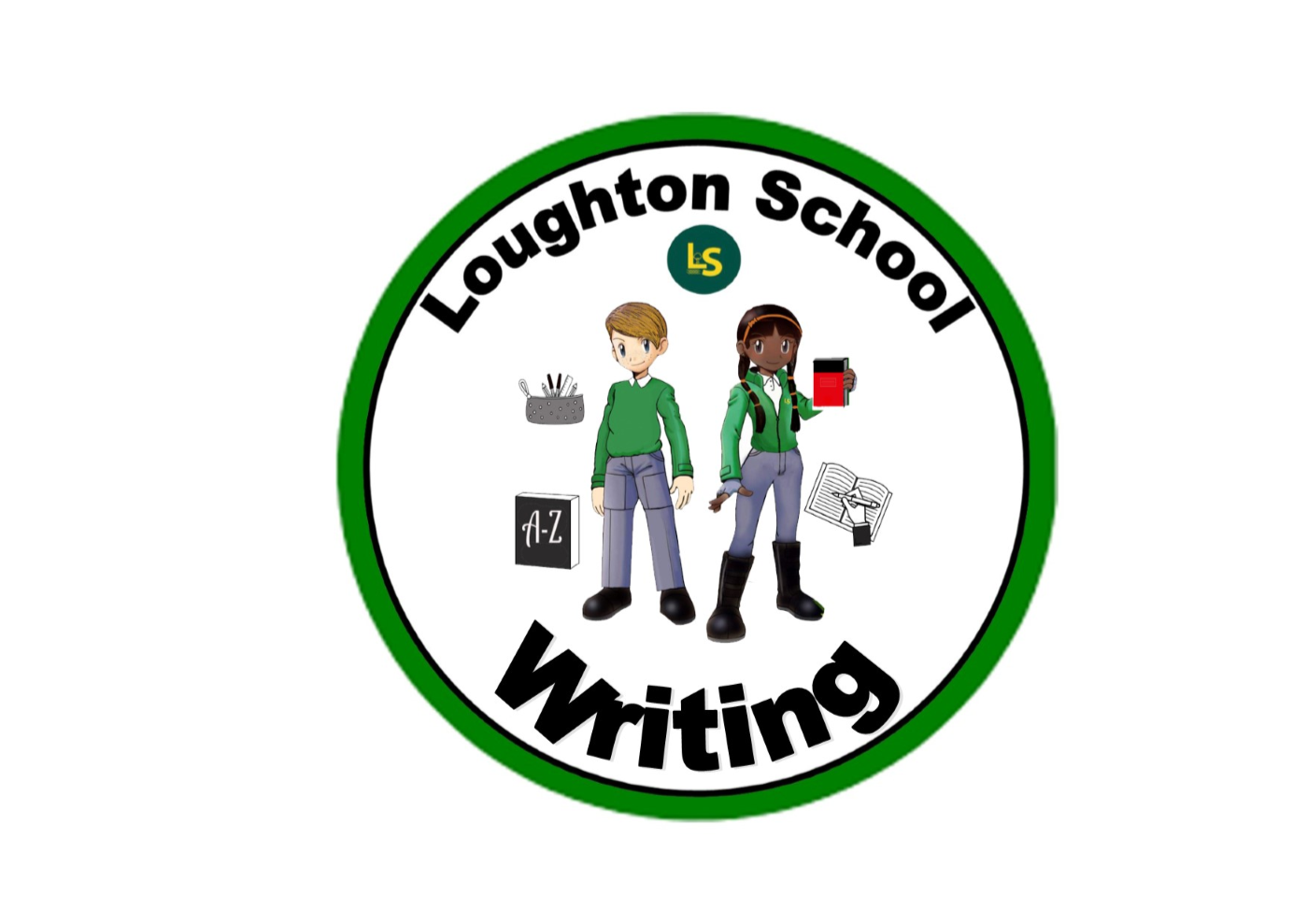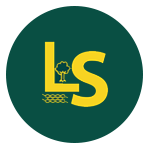Writing

Our vision at Loughton School is for our children to explore a wide variety of genres of both fiction and non-fiction writing whilst learning via our immersive curriculum. From year three to year six, children will be inspired by a range of exciting themes and rich texts which will bring the English language to life. Revisiting text types helps to embed knowledge of structure and features, spellings and grammar which will grow in complexity according to the year group’s aims and objectives. By increasing vocabulary through discussion and by watching teachers model their own writing during lessons, we expect our children to become creative, expressive and accurate writers. By rethinking how we teach writing, we have begun to see an improvement in the stamina and confidence of our pupils.
Each unit of writing follows a set structure which is based on “The Write Stuff” by Jane Considine. Using shapes (non-fiction) or plot points (fiction) to explain the structure of a particular type of text, children unpick how they will write a piece together as a class over a number of lessons. During the lessons which follow, they build banks of aspirational vocabulary and practise writing their own carefully formulated sentences. Teachers demonstrate a wide range of different grammar structures, figures of speech, and descriptive methods in order to show how we write imaginatively and accurately, with an emphasis on cohesion – something we know our children find challenging. Children receive instant feedback through over the shoulder marking and feel a sense of achievement when they see their work displayed on the class “Sentence Stack” board. Once the “sentence stack” is complete, children are supported in planning their own independent piece of writing.
At Loughton, children become resilient, have regular opportunities to edit their work and learn strategies which help them to proof-read effectively. Our more-able pupils are encouraged to develop their own individual flair whilst our EAL, SEN and disadvantaged children are supported by discussion and sharing of vocabulary and modelled sentences as appropriate. We believe that all children should develop their own style and have the courage to use their imagination and creativity to publish well-presented pieces that they can take pride in. Through class teacher assessment against a set of age-appropriate criteria, target setting and regular moderation, we know that our children make progress as they mature as writers throughout the school and excellent work is celebrated during regular writing assemblies.
